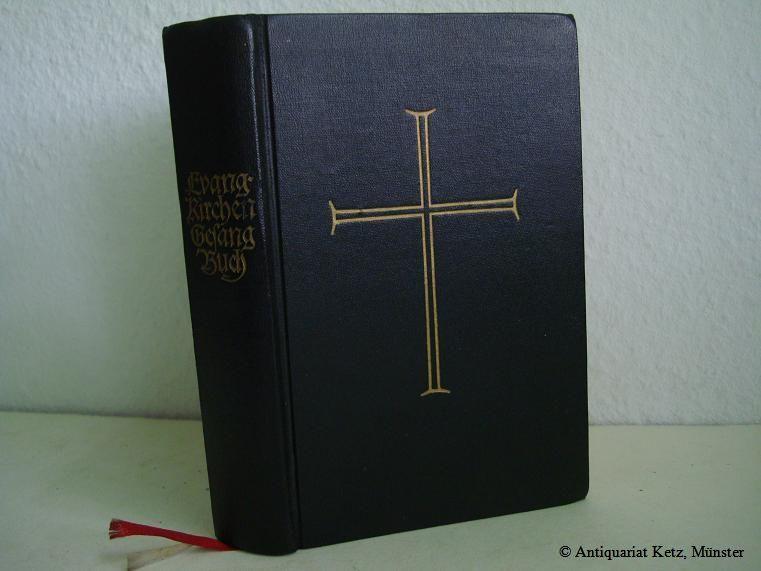

The collected edition of his songs of praise appeared in two parts at Jena and Naumburg, in the year 1659, pt. Domestic difficulties arising from the illnesses of himself and of his wife, and other sufferings, led him to seek the Lord, and the deliverance he experienced from sickness and from inhumanity led him to place all his confidence on God. His earlier poems, in the year 1638 to the year 1653, were nonreligious, which include many love and drinking melodies. 43, 44.)īy his contemporaries Ernst Homburg was regarded as a poet of the 1st rank. 388, 392 Allegemeine Deutsche Biographie, xiii. He passed away in Naumburg, June 2, 1681. In the year 1648 Ho was admitted a member of the Fruitbearing Society, and afterwards began to be a member of the Elbe Swan Order originated by Rist in the year 1660. He practiced at Nauraburg, in Saxony, as Clerk of the Assizes and Counselor. Homburg, Ernst Christoph, was born in the year 1605, at Mihla, close Eisenach. Some 150 (one hundred fifty) of his song of praise texts were published in his Geistliche Lieder. A lawyer by profession, he wrote songs of praise to express and strengthen his own belief rather than for public use. After a problematic time of family sickness he experienced a sacred conversion, and his poetry took a more serious turn. He described this eight-stanza text as a "song of praise, of thanksgiving to his Redeemer and Savior for his bitter sufferings." In early life, Ernst Homburg was a writer of love and drinking songs.

Naumberg, Germany, in the year 1681) wrote most of his songs of praise for his own faithfulness. Mihla, near Eisenach, Germany, year 1605 d.


 0 kommentar(er)
0 kommentar(er)
